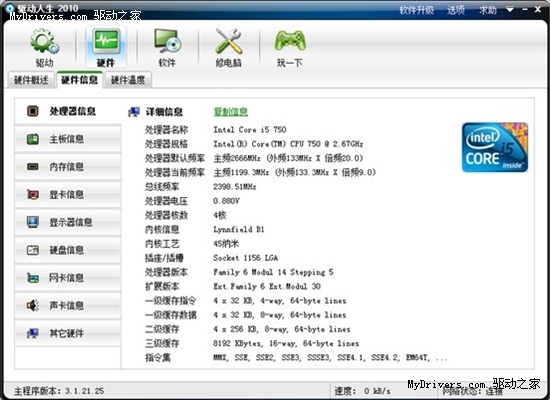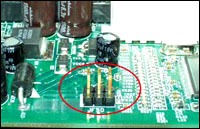$_SERVER[PHP_SELF], $_SERVER[SCRIPT_NAME], $_SERVER['REQUEST_URI'] 在用法上是非常相似的,他们返回的都是与当前正在使用的页面地址有关的信息,这里列出一些相关的例子,帮助确定哪些是在你的脚本最适合的。
$_SERVER['PHP_SELF']
复制代码代码如下:
http://www.yoursite.com/example/ — – — /example/index.php
http://www.yoursite.com/example/index.php — – — /example/index.php
http://www.yoursite.com/example/index.php?a=test — – — /example/index.php
http://www.yoursite.com/example/index.php/dir/test — – — /dir/test
当我们使用$_SERVER['PHP_SELF']的时候,无论访问的URL地址是否有index.php,它都会自动的返回 index.php.但是如果在文件名后面再加斜线的话,就会把后面所有的内容都返回在$_SERVER['PHP_SELF']。
$_SERVER['REQUEST_URI']
复制代码代码如下:
http://www.yoursite.com/example/ — – — /
http://www.yoursite.com/example/index.php — – — /example/index.php
http://www.yoursite.com/example/index.php?a=test — – — /example/index.php?a=test
http://www.yoursite.com/example/index.php/dir/test — – — /example/index.php/dir/test
$_SERVER['REQUEST_URI']返回的是我们在URL里写的精确的地址,如果URL只写到”/”,就返回 “/”
$_SERVER['SCRIPT_NAME']
复制代码代码如下:
http://www.yoursite.com/example/ — – — /example/index.php
http://www.yoursite.com/example/index.php — – — /example/index.php
http://www.yoursite.com/example/index.php — – — /example/index.php
http://www.yoursite.com/example/index.php/dir/test — – — /example/index.php
在所有的返回中都是当前的文件名/example/index.php

















